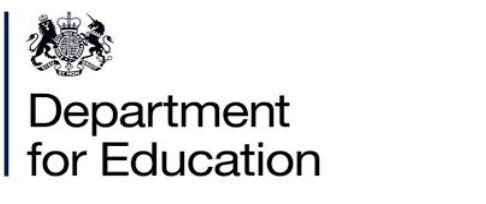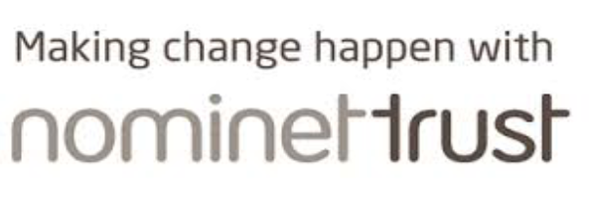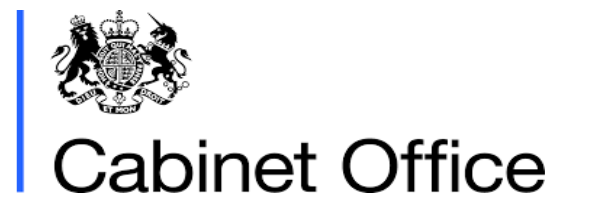Over the last 14 days the Skills Route team has undertaken a series of short forty minute research interviews with teachers and ex-teachers across London. The purpose of this exercise was to gain insight into existing careers education, information, advice and guidance (CEIAG) practice in schools. We were particularly interested to find out how teachers currently help young people make the right decisions about what to study in sixth form or college, and how this fits into their day-jobs and school routine.
Alongside these informal research interviews, we invited parents of teenagers to share their views on the support that they receive to make good decisions about sixth form study.
Before we went out and met people in person, we spent some time exploring the existing research and studies that have been released over the last few years. These insights led us to a couple of hypotheses:
- There is little time left within the curriculum to provide students with education about the options available to them for study in sixth form. (Whilst some schools include CEIAG in their PSHE curriculum, this isn’t always the case).
- A school’s philosophy of education informs their approach to CEIAG. Some schools see it as their responsibility to give young people information about all the options so that they can make their own decisions, others steer students towards certain paths - often A Levels and University.
Our sample was small and by no means was this intended to be a full scientific study. Nonetheless, the indicative findings have been useful in helping us work out how Skills Route can be useful and used in the classroom to best effect.
In particular we were universally impressed by the dedication and duty of care that teachers showed - they all worked with students 1:1 to help them consider their options often outside the school day. Most of the teachers expressed frustration about the limits to their knowledge and experience - and felt unable to represent the full breadth and depth of opportunities available as they usually drew from their own experience. Many teachers also reported a conflict between the need to represent their own subject whilst personalising their advice and guidance to reflect the needs, abilities and interests of the student.
Almost all of the teachers felt that a student’s academic ability should be the primary consideration for decision making when it comes to post-16 study options but that there are many more factors that are less quantifiable and so important. In terms of the school routine, our conversations confirmed that there is little or no curriculum time dedicated to helping students decide what post-16 courses to pursue - some offered support on the GCSE results day, others a one-off assembly and a couple provided structured PSHE classes to help introduce the foreign language of UCAS and BTECs for example and to help students reflect on their interests and skills.
We’re revising the Skills Route offer to better respond to the needs of young people, teachers, parents and careers advisers. If you’d like to help us design and test the next version, please get in touch with me - briony.phillips@skillsroute.com










